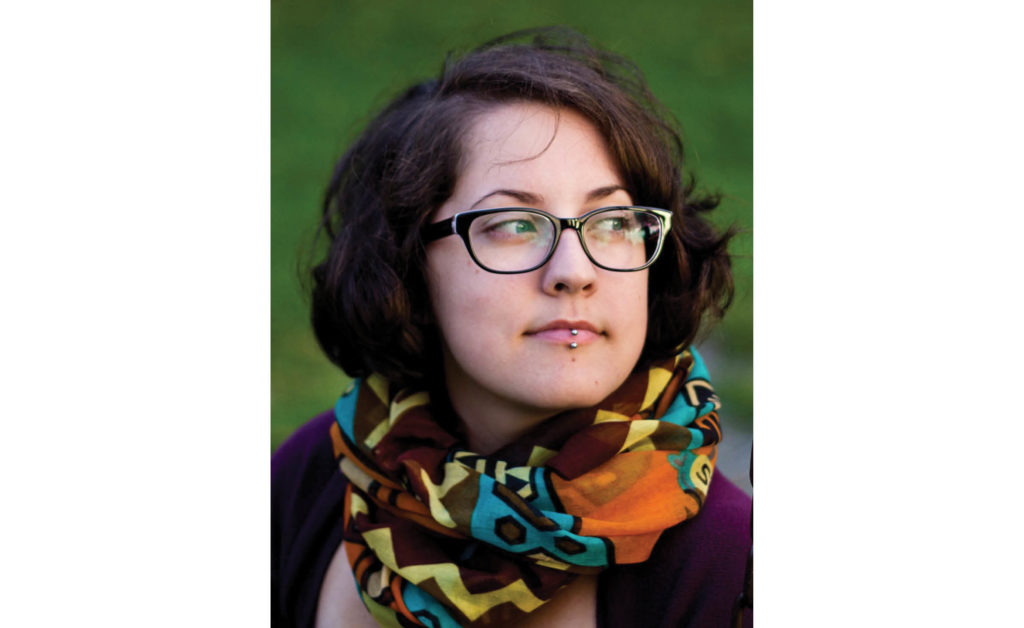by Jesse Holth –
What is the connection between democracy and health? Our physical and mental well-being is inevitably affected by society at large – including the freedom to express ourselves, to feel a sense of safety and belonging, and ensure our human rights are upheld equally.
According to Our World in Data, there is a strong correlation between the health of a population and the strength of its democratic institutions. Democracy – that is, free elections, the right to vote, equality before the law, and freedom of expression and association – is a clear indicator of health and wellness.
In light of the current situation in Iran, Dr. Mitra Hashemi of Coast Dental Care in Sidney has shared her thoughts on the importance of democracy and its impact on our physical and mental health.
On September 16, 22-year-old Iranian Mahsa Amini was arrested, beaten, and killed by Guidance Patrol officers (the “morality” police) for wearing an “improper” hijab. The resulting protests, led mostly by women and youth, have focused on increased rights for women, an end to the mandatory hijab, and overthrowing the theocratic regime.
A theocracy is a type of government led by officials who are regarded as divinely guided, with leaders often being members of the clergy, and the state’ s legal system based on religious law. Contemporary examples include Iran, Saudi Arabia, Afghanistan and Vatican City.
In response to the protests, the Iranian government imposed a widespread Internet blackout and restricted social media. Non-profit organization Iran Human Rights has reported at least 304 people, including 41 children, have been killed by government retaliation and police crackdowns. Over 14,000 people have been arrested and at least 40 journalists detained, with the government implementing a campaign of misinformation and torture to get false confessions from arrested protestors.
How does democracy impact our health?
“Sometimes the best way to show the benefits of something is to talk about a situation which lacks that thing,” explains Dr. Hashemi. “In our case, since we live in a democratic country, it is not easy to appreciate what democracy has offered us. Specifically, it is not easy to imagine the impact that lacking democracy would have on our mental and physical health.
“Since I was born and raised in Iran and have firsthand experience of living under a theocratic system, I am going to tell you just a few examples of the impacts that lack of democracy can have on people’s health,” Dr. Hashemi continued.
“The majority of Iranians live dual lives: their private lives, interactions and characters are totally different from their public personality. They learn to have different personalities.
“At least three generations of Iranians grew up under severe oppression delivered by the theocratic governments, which meant:
• lack of freedom of expression;
• lack of freedom of choice in almost everything, from choosing the colour of their outfit to picking their favourite field of study and work (women cannot study in all fields, and cannot be judges or ministers);
• restrictions on entertainment: music and chess were banned for at least two decades; owning VCR devices or satellite devices was banned; playing cards is still banned; women are not allowed to do a lot of sports;
• compulsory hijab;
• dealing with morality police: after 20 years of living in Canada, talking with a police officer still gives me anxiety;
• segregation of the society (schools, buses, events, etc.);
• criminalizing romantic relationships of teenagers … and so many other normal daily activities.
“These are just some examples of what has been happening in that community. Iran has one of the youngest and most educated populations in the world. Despite all the effort the younger generation had been putting towards changing their future, they were so depressed and hopeless – as there seemed to be no future for them under dictatorship.
“Being who you are and who you want to be is a big portion of health and well-being. It is gifted to us here in Canada and we are all used to it. But not in Iran – that is why young women and men are sacrificing their lives every day, to gain democracy for their country.”
“We are hopeful about all the changes in Iran, and we are sure that people in Iran will enjoy the sweet taste of democracy the same as us, sometime soon,” adds Dr. Hashemi.
For now, women all over the world are burning their hijabs in protest and taking to the streets, fighting for freedom and human rights. Author Dina Nayeri has stated that: “Iranian women aren’t looking for hijab reform or concessions on gender laws. They’re leading a revolution. The people of Iran don’t want to live under Sharia or any religious law.”
“Women, Life, Freedom,” says Dr. Hashemi.
Do you have a local view on global news? We’d love to hear it and consider it for publication; email allison@seasidemagazine.ca.




